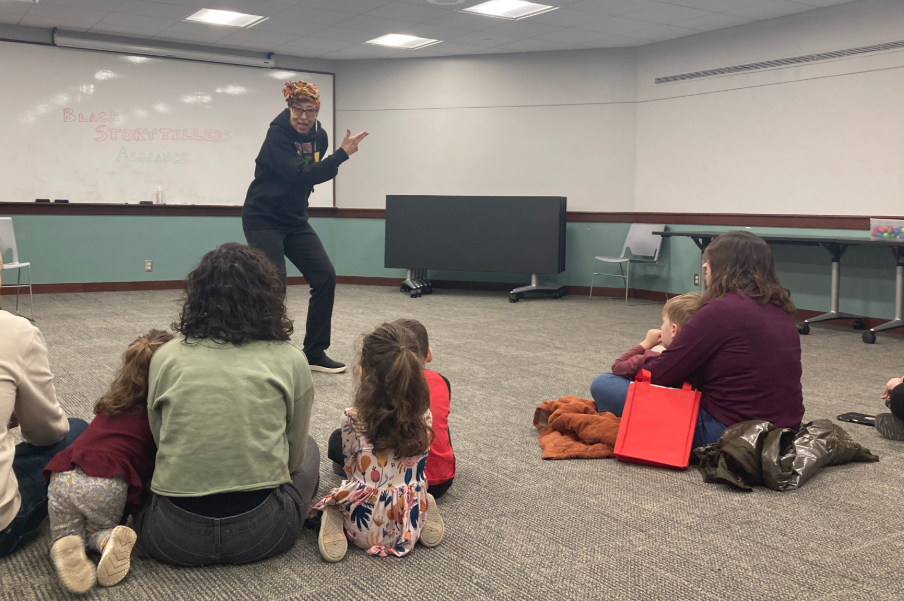University president Joan Gabel is recommending that the University of Minnesota reopen for fall semester – using a mix of formats in response to the COVID-19 pandemic.
In a systemwide email sent out June 5, Gabel outlined modifications, including multimodal classes and an end to in-person courses by Thanksgiving break, she is suggesting to promote the health and safety of students and faculty.
This email was sent ahead of the Board of Regents meeting scheduled for June 11 and 12, where the recommendations will be discussed in depth. The plans are not yet finalized until feedback and approval is provided by the Board.
“We recommend the resumption of in-person instruction and opening of residence halls, dining facilities and other campus services in a manner consistent with public health guidance,” said the meeting materials released June 5.
According to Gabel’s recommendations, in-person courses will conclude by Thanksgiving break – or earlier, depending on public health guidance – to limit unnecessary travel to and from campuses that might increase exposure to COVID-19. This adjustment may require an earlier start date for fall semester. Further details regarding the timeline of the semester will be discussed at the Regents meeting next week.
All campuses will follow a multimodal format for delivering classes, said Gabel in the systemwide email. If coursework remains after the Thanksgiving break, exams and classes may be delivered virtually.
Class scheduling for the fall semester will likely extend into evenings and Saturdays to limit the number of people in buildings at one time. Courses that may include labs or experiential learning may be “front-loaded” in case of an early outbreak or pivot in instruction format, according to docket materials.
Further accommodations will be made to residence halls, dining halls and other common spaces. Additional recommended safety measures include increased sanitization processes, mask requirements, testing and potential contact tracing, according to the docket materials.
Gabel and the board are being advised by the Fall 2020 Scenarios Advisory Team, led by Executive Vice President and Provost Rachel Croson.
“It has consulted extensively with state public health experts and those within our institution. It has also welcomed broad input from the University community, including through shared governance groups,” Gabel said in the email.
Throughout her email, Gabel highlighted that these recommendations may change in accordance with advice from public health officials.
“Above all else, our plans allow for flexibility, so that we may adapt to changing public health conditions, recognize variations among our five campuses, and ensure accommodations for individual health concerns or other challenges,” Gabel said.







